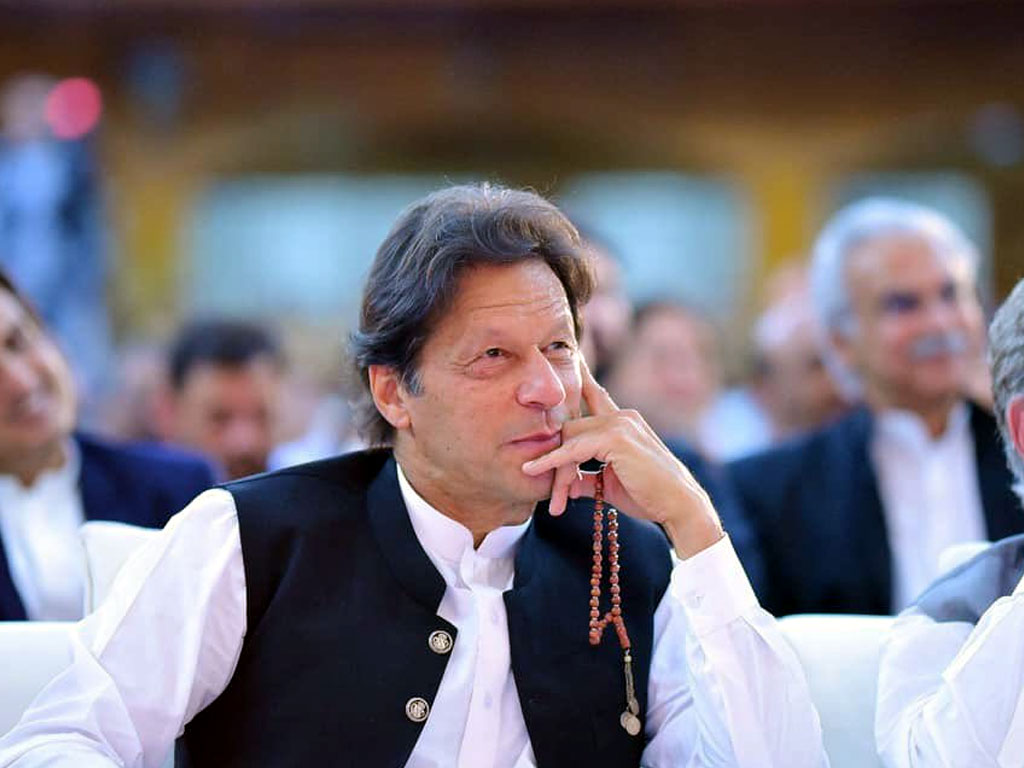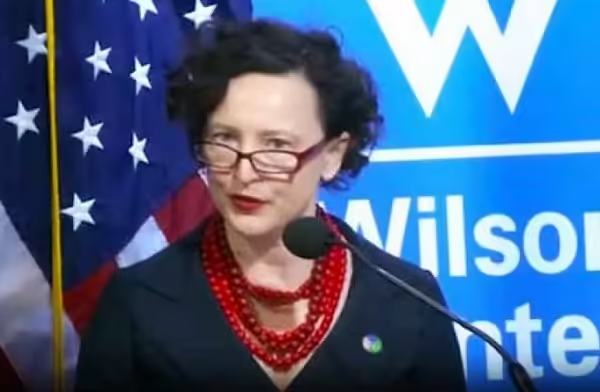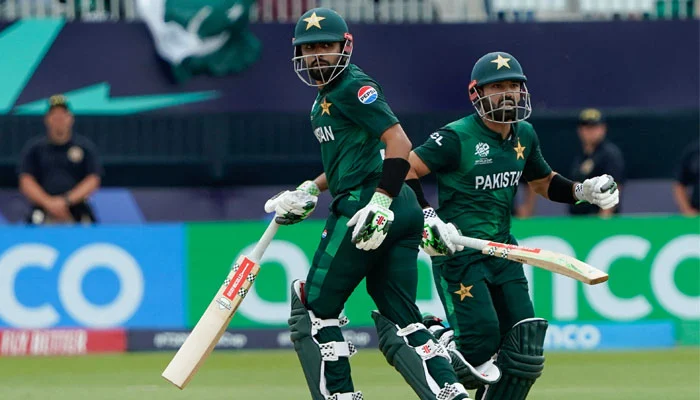In a surprising turn of events following Pakistan’s recent general election, the political landscape has taken a dramatic shift as two major parties, the Pakistan Tehreek-e-Insaf (PTI) and the Pakistan Peoples Party (PPP), have opted for unconventional coalition strategies to secure a pathway to government formation.
The PTI, led by the charismatic Imran Khan, has unveiled its alliance plans with religious parties, signaling a strategic move to bolster its position. By teaming up with the minority party Majlis-e-Wahdat-Muslimeen (MWM) and the Jamaat-e-Islami (JI), the PTI aims to consolidate its hold on power both at the federal level and in key provinces like Khyber Pakhtunkhwa.
Meanwhile, the PPP, under the leadership of Bilawal Bhutto-Zardari, has taken a surprising turn by joining hands with its traditional rival, the Pakistan Muslim League-Nawaz (PMLN). This unexpected coalition aims to challenge the status quo and present a united front against the PTI’s dominance.
The aftermath of the elections has been marred by allegations of vote tampering and manipulation, further intensifying the political drama. Despite emerging as the largest party in the National Assembly, the PTI finds itself embroiled in controversy, with claims of stolen mandates and electoral irregularities.
Amidst the chaos, both parties are maneuvering strategically to assert their influence and stake their claim to power. While the PTI remains adamant in its refusal to engage with certain political factions, the PPP’s decision to align with the PMLN reflects a calculated move to maximize its political leverage and navigate the volatile landscape.
As analysts dissect the unfolding political saga, questions loom over the future trajectory of Pakistan’s democracy. Will these unexpected alliances pave the way for stability and progress, or are they merely temporary expedients in a larger game of political brinkmanship? Only time will tell as the nation awaits the next chapter in its turbulent political journey.


